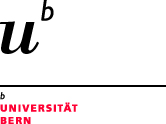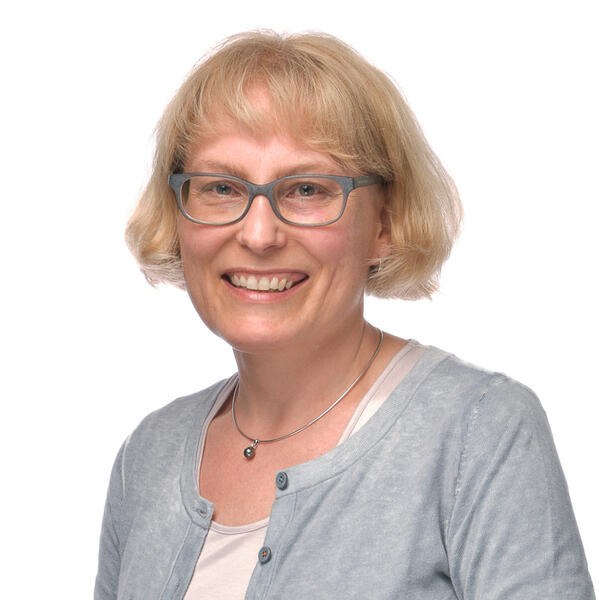High quality and priorities matter in medical education
High quality medical education is a cornerstone for the work of health professionals. Professional development and the continued development of people and organisations are relevant issues in both pre- and post-graduate activities. IML’s vision statement reflects this and bridges education with the subsequent professional career and the needs of the patients: IML supports the competency development of healthcare professionals to ensure optimal patient care.
Self-speaking, this mission can only be accomplished when all parties in multifaceted organisations support competency development and exchange experiences and new insights. In this context, continuous development, research and networking are important means to the end at the IML. In the following, some examples illustrate our activities in 2019.
Providing timely solutions for medical education is a key task of the IML. In 2019, AUM started to produce videos to demonstrate and to support that our students are performing clinical tasks and procedures correctly. More than 40 learning videos demonstrating the particular curricular clinical-skills-training-tasks have been produced to date. The video-production was supported by students and experts of the different clinical disciplines. IML`s new video studio and team supports the high quality of the videos. During the initial production in 2019, we did not know how very useful these videos should become during the spring season 2020, during the Corona lock down.
Also, the professionalism and networking for the work with simulated patients is an important task in the AUM. In 2019, Dr. med. Beate Brem was elected as Member of the Board of Directors of the Association of Standardized Patient (SP) Educators (ASPE). ASPE engages in providing an international network for the new field of human simulation, develops “Standards of Best Practice” and certification in working with SPs.
A key research area related to teaching and e-learning is related to patient-provider-communication which constantly nurtures our learning tool developments and active teaching (new grants are mentioned below).
The Master of medical education programme (MME) is continuously adapting to developments in research and the needs of the participants. Qualitative research is an important approach in the area of medical education, consequently the MME participants need to gain such skills. Therefore, a new course in qualitative research was launched in February 2019. It complements the already existing course activities in quantitative research. We could win team members of Prof. Lorelei Lingard, Center for Educational Research & Innovation, Western University, London Ontario (CAN) for this course: Profs. Sayra Cristancho, and Mark Goldszmidt.
Also, the 2019 MME cohort discovered a new destination for their international study week at the end of the MME programme. In July 2019 they travelled to the University Medical Center in Utrecht (UMCU) to learn about the «Research and Development of Education at UMCU» headed by Prof. Olle ten Cate, best known as the person who introduced the concept of “EPAs” (entrustable professional activities). A particular fruitful offspring of this meeting was a publication about “Learning analytics in health professions education” which was written in cooperation with the visiting MME-participants and Prof. Olle ten Cate.
Assessment continues to be a particular competency of the IML, both method and tool development are high priority matters. Currently 2 PhD projects with focus on assessment are running and further research and development activities address a broad spectrum of assessment issues including Entrustable Professional Activities, Multisource Feedback and assessment of communication competencies.
The departments AAE and ASCII cooperate to maintain and keep the e-assessment software suite “Examic” at the front regarding both methodological and technological fitness. Our experience and research on assessment informs our tool development and a broad spectrum of assessment services.
In 2019, we also introduced a new set of 550 tablet-computers, replacing and expanding the prior stock being in service the last 5 years. At the same time, we finalised the stepwise transmission of moving from paper-based to tablet based exams at the medical faculty in Bern. Since 2019, all exams at the medical faculty run on tablets with IML’s Examic® software.
The following new grants are illustrative for the IML activities and mission also beyond 2019:
- Participation in an EU Project on clinical reasoning: Insufficient clinical reasoning (CR) skills are a major cause of cognitive errors in patient care. Yet, there is a lack of explicit teaching of CR in the training of healthcare professionals. To close this gap, Prof. Sören Huwendiek (AAE) and Dr. Felicitas Wagner (AAE) take part in an EU-wide project in which the IML will work together with European partner universities and institutions to develop a CR-curriculum and a train-the-trainer course for lecturers.
- Research on effective Health provider communication. IML, Prof. Sissel Guttormsen lead a Swiss cancer league project together with the department of Palliative Care at the Inselspital, Prof. Steffen Eychmüller. The project aims at supporting health professionals to improve communication about approaching death.
- Further approved grants in 2019 further illustrate our orientation and networking:
- Health 2030, Project grant: Precision Medicine frONtLINE a multi-support learning platform on Precision Medicine for the daily practice of frontline care professionals. Project head: Idris Guessous HUG/UNIGE. Co-Applicants: Prof. Sissel Guttormsen, Prof. Jacques Cornuz, Unisanté/UNIL, Prof. Gérard Waeber, CHUV/UNIL
- ERS (European Respiratory Society)/PhD-Grant: «How to improve continuing professional development to foster physician’s competencies & patient treatment». PhD Advisor: Prof. Sören Huwendiek, PhD student: Sai Sreenidhi Ram
- SSGIM (Swiss Society of General Internal Medicine): «Definition of Competencies for Attending Physicians in General Internal Medicine Departments in Swiss Hospitals: a multicenter qualitative study» SGAIM Foundation Award. Project partner: Department of General Internal Medicine, Inselspital, University Hospital Bern, Dr. med. Christine Roten, Dr. med. Martin Perrig and Dr. med. Christoph Berendonk, IML
Needs of professional health providers and patients are constantly evolving. High quality and priorities matter, that is why we at the IML continue to adopt to the needs of our faculty, partners and customers.
Sissel Guttormsen
June 2020

